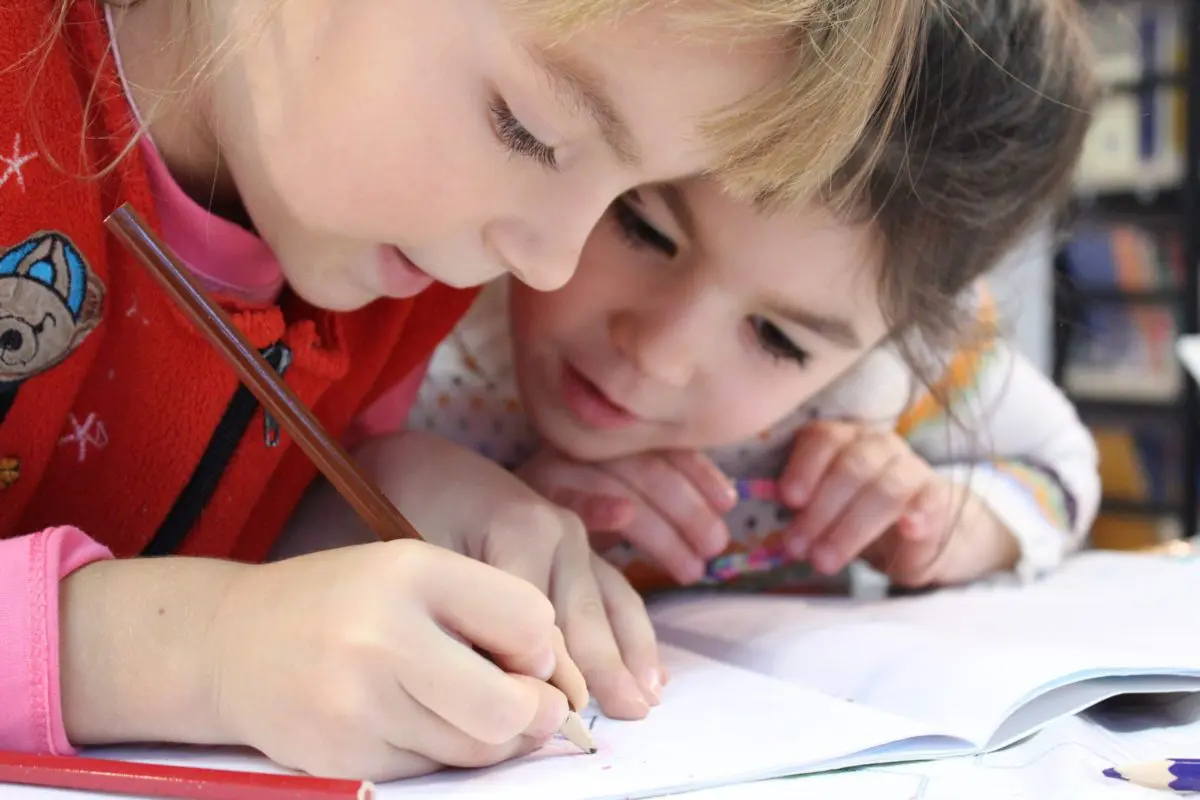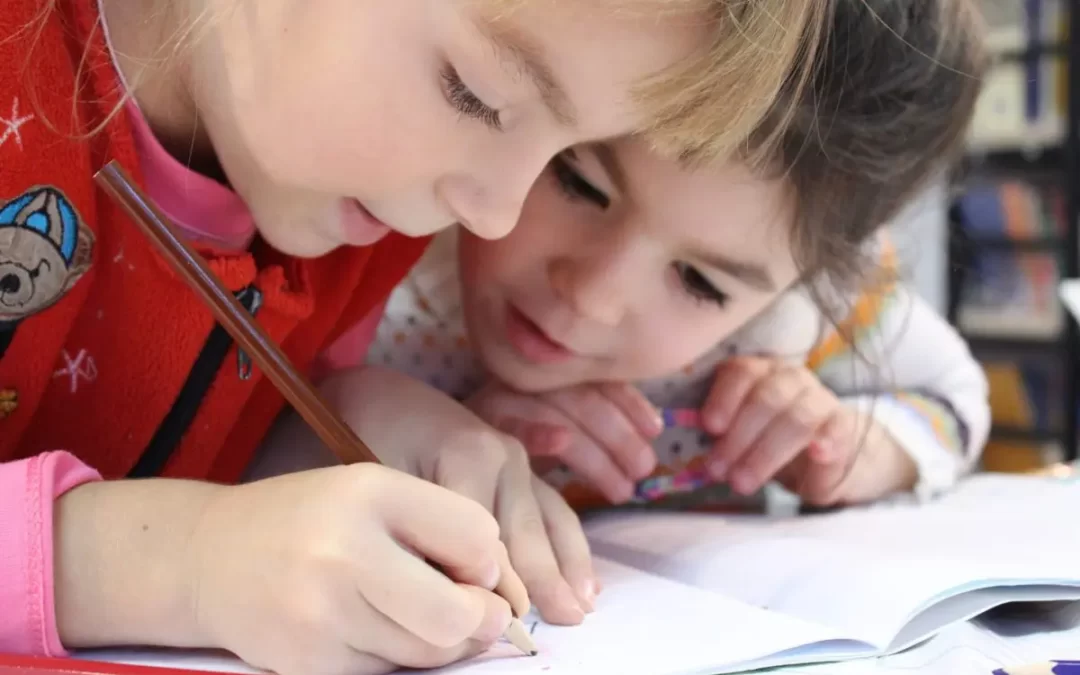Liz Merrill
Are Pandemic Pods Legal?


Legal Questions Abound for Pandemic Pods
With many schools going online for the 2020-2021 academic year, parents are looking for creative educational alternatives for their children. The “pod” (or pandemic pod, or learning pod, or micro school) is a small group of students learning together for academic, social, and other childcare-related reasons when learning in person isn’t an option. Many parents everywhere are asking the question, “Are Pandemic Pods Legal?”.
In Northern Colorado, parents can find plenty of information and connect with other parents and families, a “mini-website for Northern Colorado families and service providers pursuing learning/childcare pod arrangements in the Covid-19 pandemic. Encompasses Larimer and Weld counties.”
On Facebook, parents can find and join Pandemic Pod Facebook Groups in their region and many pods are forming online via existing parenting Facebook groups. Facebook seems to be one of the go-to places for parents to learn more and connect: the “Main” Pandemic Pods Facebook Group, based in the Bay Area and set up in July, already has over 40k members and the newly formed Northern Colorado Pandemic Pod Group has almost 3k members.
Much has also been written in the news about how to form pods and find other families and private schools and businesses have started offering services to create learning pods, such as Learning Pods, which connects groups with trained instructors.
There is a wealth of information about forming pods and connecting with other like-minded families and plenty written on the concerns that pod learning will exacerbate long-standing equity gaps created by income, race, and geography. How this method of educating in the home ultimately plays out over the long term is a matter of “wait and see” in many regards.
Understanding Legal Issues in Pandemic Pods
One concern for many families is the lack of information that exists to help families understand the legal and insurance ramifications of setting up a pandemic pod in their homes.
Unlike true homeschooling, which is regulated by the state, pod schooling is hyper-local, unofficial, and is, in a sense, reinvented with each forming pod. Families should be very careful, both with regard to the pandemic and legal consequences, as they move forward: employing basic mediation skills and tactics, such as open discussions, negotiation, consensus building, and even written agreements.
There are also a host of legal and insurance issues for families to consider. For example, pod members who host activities at their home might be liable for COVID or non-COVID injuries, or even acts of their minor children. Families will need to come to a consensus about childcare laws, what to do if someone tests positive for COVID, the federal, state, and local social distancing guidance, gathering, and emergency orders and laws, and so forth.
For example, currently, no more than 4 children unrelated to the caregiver are allowed to be watched in anyone’s home without a state license. If you hire a tutor, educator, or caretaker to come into your house to teach or watch over children, they may be considered an independent contractor, but you should make sure you know the difference between a household employee and an independent contractor and certainly have that discussion with whomever you hire about how that will play out.
A paid caretaker, considered a household employee, is subject to federal and state tax requirements if they are paid $2,200 or more by a family in a year. For more information about this, parents should speak with a tax advisor and read about federal taxes and Colorado tax and wage laws.
Some parents will also want to consider an agreement to waive liabilities for injuries while pod learning within the home, but it remains to be seen whether those would even be enforceable. Regardless, parents should certainly confer with their insurance providers to understand their own insurance coverage what it provides for, and whether or not their homeowners’ or renters’ policy will cover liability issues that arise from hosting a pod. It’s possible that a rider or umbrella policy is necessary for coverage.
Communication and Consensus
Open Space Mediation suggests parents who are considering forming a learning pod with other families have a very clear understanding of each other about all of these issues. Having conversations with tax advisors and insurance providers, reviewing local laws, and writing up a formal agreement, such as the templates offered through Open Space Mediation and Hanning Law Limited, with each other early in the process can help avoid potential problems down the road, legal and otherwise.
No agreement, oral or written, is ever entirely watertight. Making sure everyone is on the same page with these and other, issues will at the very least help mitigate some confusion moving forward.
Open Space Mediation and Hanning Law Limited are now offering packages for families entering into pod learning with other families. We believe that knowledge and clear communication is the best way forward with all things and we can help families who want to avoid problems down the road. We will help facilitate conversations about hard issues and codify expectations in writing, covering issues such as:
- Curriculum
- Behaviour
- Pod Safety
- Family Behavior and Safety
- Illness, and if someone falls ill of COVID-19
- Payment of costs associated with the Pods
- Withdrawal and Pod Termination
- And other Expectations
Open Space Mediation and Hanning Law Limited have joined together to address some of these issues. We are offering a series of downloadable packages that include Agreements for families (and educators) and a Resolution Guide. Families can also choose to schedule a 1-hour mediation session with other families (and/or educators) to talk through some of the more difficult issues in a neutral, guided conversation or choose an individual, bespoke package that better suits specific situations.
For questions and considerations around mediation, please contact Liz here or Brian, of Hanning Law Limited, at ThatDamnLawyer.com.
